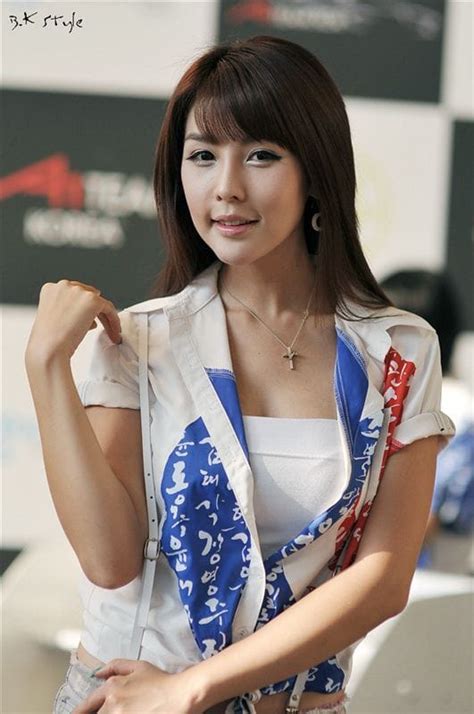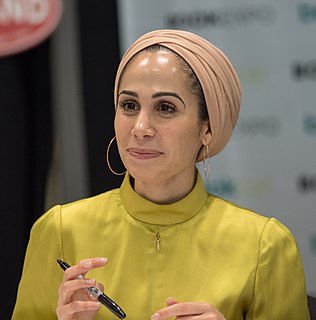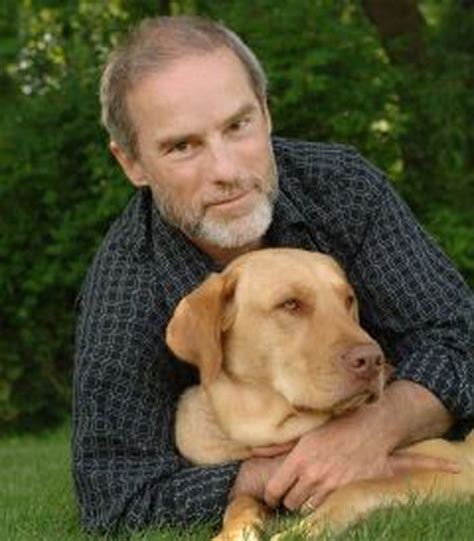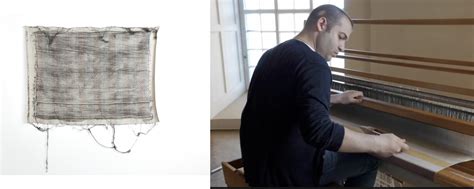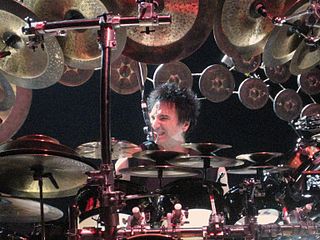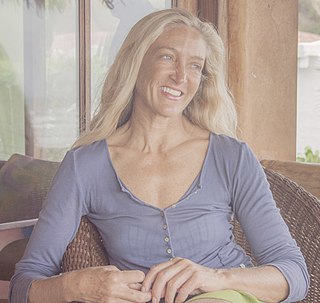A Quote by Michael Ende
If you stop to think about it, you’ll have to admit that all the stories in the world consist essentially of twenty-six letters. The letters are always the same, only the arrangement varies. From letters words are formed, from words sentences, from sentences chapters, and from chapters stories.
Related Quotes
When we were children, letters were like fun toys. We played with them through our building blocks. We colored them in books. We danced and sang along with TV puppets while learning C was for “cookie.” Soon, letters turned into words. Words turned into sentences. Sentences turned into thoughts. And along the way, we stopped playing with them and stopped marveling at A through Z.
Four. That's what I want you to remember. If you don't get your idea across in the first four minutes, you won't do it. Four sentences to a paragraph. Four letters to a word. The most important words in the English language all have four letters. Home. Love. Food. Land. Peace. . .I know peace has five letters, but any damn fool knows it should have four.
I spent my life folded between the pages of books.
In the absence of human relationships I formed bonds with paper characters. I lived love and loss through stories threaded in history; I experienced adolescence by association. My world is one interwoven web of words, stringing limb to limb, bone to sinew, thoughts and images all together. I am a being comprised of letters, a character created by sentences, a figment of imagination formed through fiction.
Reading activates and exercises the mind. Reading forces the mind to discriminate. From the beginning, readers have to recognize letters printed on the page, make them into words, the words into sentences, and the sentences into concepts. Reading pushes us to use our imagination and makes us more creatively inclined.
Lots of kids, including my son, have trouble making the leap from reading words or a few sentences in picture books to chapter books. Chapters are often long... 10 pages can seem like a lifetime to a young reader. Then reading becomes laborious and serious. That's why some of the chapters in my books are very short.
I wrote a huge number of letters that spring: one a week to Naoko, several to Reiko, and several more to Midori. I wrote letters in the classroom, I wrote letters at my desk at home with Seagull in my lap, I wrote letters at empty tables during my breaks at the Italian restaurant. It was as if I were writing letters to hold together the pieces of my crumbling life.
I really think kids should understand that music is like learning the alphabet. You put small letters together to make words, and then you use these words to create a story, but with music. And they really need to know how to mix and match those letters and how to come up with something that is really interesting, or speak in metaphors as poets do to show us something maybe we didn't think about.

